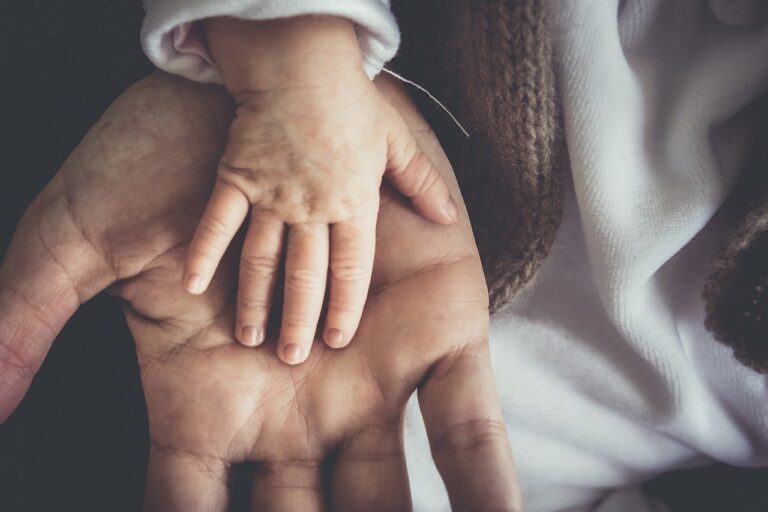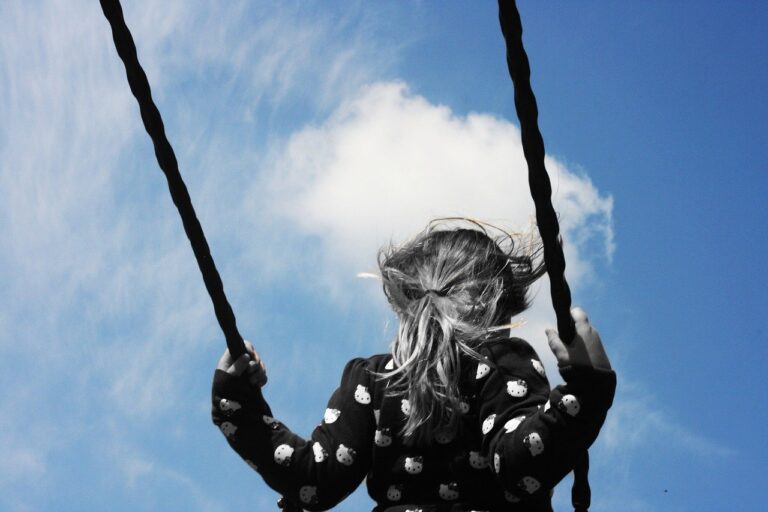If you’re here, it’s most likely because you care about children, whether they’re yours or not. Kudos to you!
For starters, do you know that as of 2019, the Ministry of Health recorded a staggering number of 424,000 children in Malaysia as suffering from mental health problems (NHMS, 2019). With COVID-19 not coming to an end anytime soon (which, seems like it), there is much reason to expect this number to increase, meaning more children experiencing difficulties that could lead to mental health problems if not dealt with.
What makes these times particularly difficult for children?
- For one, we are, all of us, confined within our homes, and for children, this means not being able to meet their school friends and not being able to attend activities they are used to having in their daily routines such as school, play dates with cousins, let alone simply enjoying ice-cream at a cafe on the weekends at the mall (which is something children may look forward to). These things suddenly become impossible to look forward to.
- COVID-19 has presented them with a new kind of learning environment. Say bye to PE and music classes, and hello to turning on your cameras and microphones the whole day. Besides the lack of a clear routine that comes with online learning, children may miss interacting with their peers face-to-face, too.
- On top of taking away activities children have become used to, the movement-control-order associated with the pandemic may strip away children’s sense of safety. All of a sudden a virus comes and it’s the only thing everyone (including the media!) around the child is talking about and concerned about. No matter the child’s level of neuroticism, it is likely that they may begin to feel tense about this invisible threat that has taken away their more carefree and maskless lives and that seems to be able to kill their loved ones if it wanted to, in an instant. In addition, these times become particularly difficult when the adults closest to children are themselves unable to deal with toxic stress.
- All in all, the effect of the pandemic on children is pretty similar to that on adults: that the ways in which they do their work (schoolwork in this case) have changed, that the nature of social interaction has changed, and that there is stress around uncertainty (when will I get to see my friends again? travel to Langkawi? when will real classes resume? what else will the pandemic take away from me? will my mother or father die from it? will I die from it?). When, when, when? Nobody seems to know. Meanwhile, we’re all supposed to manage and keep working, studying, and living our daily lives in the midst of feeling rather unsafe in uncertain times.
Acknowledge that adjustments may need to be made in order to maintain a sense of wellness, and that children may simply need support to come to terms with the dark, looming presence of Covid-19 over their current lives, which must involve some form of education on the nature of the virus and the outcome of the pandemic itself.
Iffah Suraya
What can we do in these difficult times?
For one, we can agree that almost nobody is having it easy right now: acknowledge the effect of COVID-19 on everyone’s lives. Acknowledge how it has forced children into online learning and zero contact with their classmates. Acknowledge that it is a real threat that makes us stressed because it can kill us or our loved ones; that COVID-19 has the power to make us feel unsafe. Acknowledge that adjustments may need to be made in order to maintain a sense of wellness, and that children may simply need support to come to terms with the rather dark, looming presence of COVID-19 over their current lives, which must involve some form of education on the nature of the virus and the outcome of the pandemic itself. Besides that, look through the list below to see what more you can do to help children right now, whether as a mother, father, elder sibling, teacher, relative, or neighbor!
- When dealing with children, focus on regulating your own anxiety first, only then will you be calm and centered enough to think about and respond to the needs of children (needs may simply refer to emotional needs, need for comfort, need to be heard etc). Parental stress gets in the way of you being able to be there for your child, which leads to the next point…
- View stress and anxiety as common enemies, not just during this pandemic, but throughout human history! In addition it may be helpful to realize what exactly triggers your beloved children’s emotions that lead to their stress which relate specifically to COVID times: for instance, a child’s trigger might be listening to their parents talk about the COVID-19 situation in a worried and helpless manner. If so, perhaps it’s a good idea to make exclamations and comments about COVID-19 when there are no children around you.
- Practice active listening by paying full attention to children when they are speaking. Encourage children to express their worries and respond in a way that makes them feel supported and safe. However, listening to another person (child or adult) may be quite challenging for adults who have their own unresolved emotional baggage which makes it hard for them to give themselves emotionally. That’s why you should put on your oxygen mask first: attend to your emotional needs and insecurities so that you can do the same for your children.
- Continue to enhance social skills through activities that involve interaction and play. You could have fun role-playing. Prepare breakfast and pretend you’re at a restaurant ordering food, or have children act as the teacher with you posing as the student, which can be a refreshing way of having them conclude what they’ve learned in any recent lessons.
- Just do it: engage in problem-solving and creative activities. While puzzles, drawing, and playing musical instruments work, why not try composing a song or poem, writing a short story (or novel even!), making collages that reflect their current experiences, or mindfulness activities? After all, desperate times call for desperate measures. Try something you’ve never tried and see how it goes. So try that mindfulness chant, that deep breathing exercise, 5-minute body scan, or creative grounding exercises. Remember too that when introducing a new activity, it helps to model that you have faith in these activities yourself , explaining to children the purpose of such activities too whenever possible.
- Take a break from gadgets. Online learning takes a toll on both the mind and body, including the eyes. In between classes, consider fun activities that are not online gaming or social media-related. It could be something as simple as reading aloud a favorite book together, or dancing to music or playing Uno Stacko.
- If you’re a teacher, during online classes, you could check in with your students’ mental health and conduct breathing and grounding exercises every 20-30 minutes. You could also explore ways to make online classes as interactive as possible, which may start from asking students themselves what they think would make the class more fun, rewarding, and interactive. Moreover, consider keeping in close contact with your students’ parents to be in the know of how your students are doing and what they might need. It might be that your student’s parents are not able to afford quality WIFI. And of course, if you can, look out for signs of dysfunction, neglect, or abuse as a conducive home environment is also necessary for a child to feel safe and supported enough to focus on their education.

Conclusion
If what you’ve just read feels kind of overwhelming right now, just remember that children need to feel safe and supported, especially during these difficult times. Help children acknowledge the difficulties and dissatisfactions they face (which starts by opening your ears and minds to their concerns) and help them adjust to this new normal by focusing on what can be done to make learning, playing, socializing, and living bearable. And remember that responsive caregiving keeps fear and anxiety at bay.
Written by Iffah Suraya Jasni, a provisional counsellor under the supervision of a Board Certified and Licensed Counsellor whilst in the process of attaining her Masters in Professional Counselling from the University of Malaya. Currently a Crisis Team Member with MIASA and has working experience as a content writer. She holds a Bachelor’s degree in Psychology from Boston University and is interested in trauma, mindfulness, spirituality, body image, and helping humans cope with adversities.



